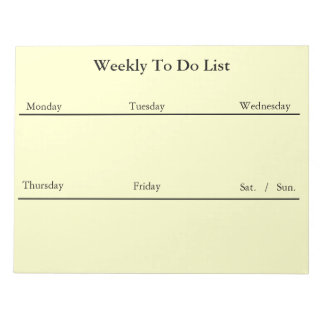Paying for In-Home Care |
When chronic health conditions, surgery, dementia or even the normal aging process make it unsafe for a senior to live at home, home care can provide the assistance needed, while enabling them to continue living at home. When considering this option, many families are concerned about the cost and payment options. "Home care has many benefits, including the comfort of recovery in personal surroundings and reducing costs," explains Kate Jones, Chief Clinical Officer for Home health, Hospice and Palliative care with Amedisys Home Health. "Despite the savings compared to assisted living or a nursing home, it can still be a financial burden for seniors and their families. It is often an out-of-pocket expense."
Options for Paying for Home Care Along with some research provided by the NAHC, Jones suggests some of the options available and some trends she has noticed. Medicare Medicare is available to most people who are 65-years-old or older. Regulations vary widely by state, but in most cases, Medicare will provide the following services in a home setting:
- Skilled nursing
- Physical, occupational and speech therapy
- Certain medical supplies (wound dressing, but not prescription drugs)
- Durable medical equipment (such as a walker)
- Some social services related to illness (for instance, emotional counseling)
- Some Food and Drug Administration-approved osteoporosis drugs
 Dementia Signage for the Home
Dementia Signage for the Home
15% Off
Dementia Signage for the Home
$22.75 - EZ-C Bright Green 3 Ring Binder





